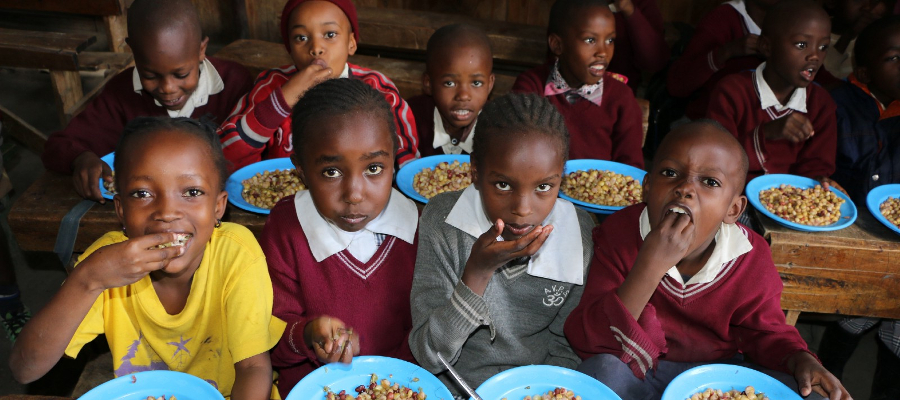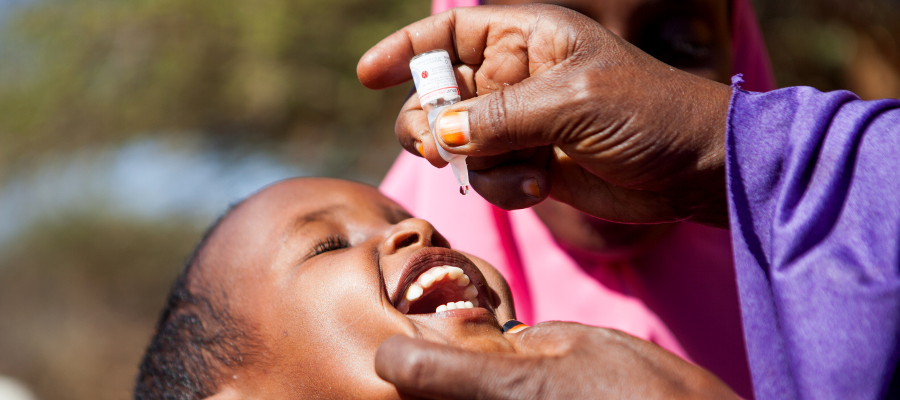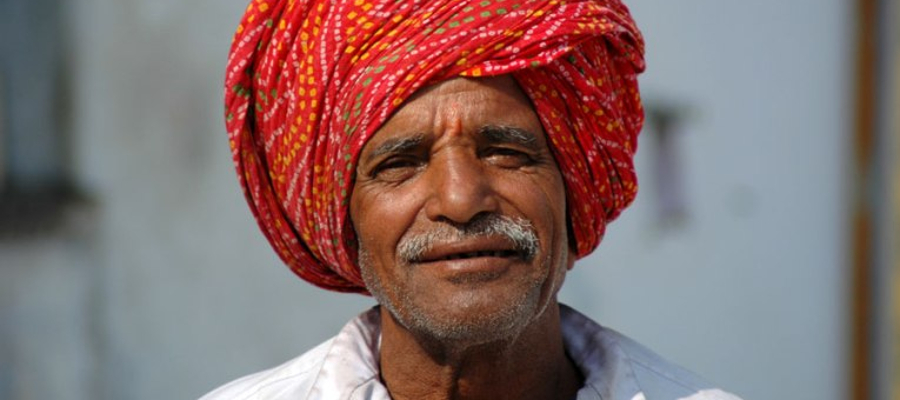Short News

Better life for Kenyan women
A survey shows that more than half of Kenyan women think that they are now treated better and have better opportunities than a few years ago.

US cities to keep climate promise
The mayors of 367 US cities have agreed that their cities will stick to the Paris climate agreement, even if the US government leaves the treaty.

Fewer want bad elephant rides
In three years, there has been a 9 % drop in the number of people who accept elephant riding as a tourist attraction. The elephants are often mistreated.

Kenya’s pretty good ’ugly’ veggies
In Kenya, WFP has served school lunch for 2200 kids for 75 days, using imperfect vegetables that EU importers refuse to buy. The project could now get upscaled.

Cross-border protection for animals
129 nations have agreed to collaborate to protect 33 species of animals that roam across borders, such as whale sharks, giraffes, and leopards.

Move against microplastics
From July 2018, the UK will ban harmful microplastics from products such as toothpaste and shower gel. The USA is expected to introduce a similar ban.

African countries to drop roaming charge
A group of 15 West African countries have decided to remove mobile roaming fees from 2018. This benefits poor people who go to neighbouring countries to work.

London puts a price on clean air
People with older diesel cars will now have to pay almost twice as much to drive into central London. The price hike is meant to improve the city’s air quality.

End of polio within reach
In 2017, so far only 12 cases of the paralysing disease polio have been reported worldwide. The disease is close to being eradicated.

Friendship across religious borders
Two out of every three young people have close friends from another religious background than their own, according to a big survey of youth in 20 countries.

World population boom slowing down
In the sixties, the total world population increased by 2% every year, but the growth has now slowed to a little more than 1%.

Plant doctor app helps farmers
320,000 farmers in India now use an app that lets them take a photo of a sick plant and find out what’s wrong and what to do about it.